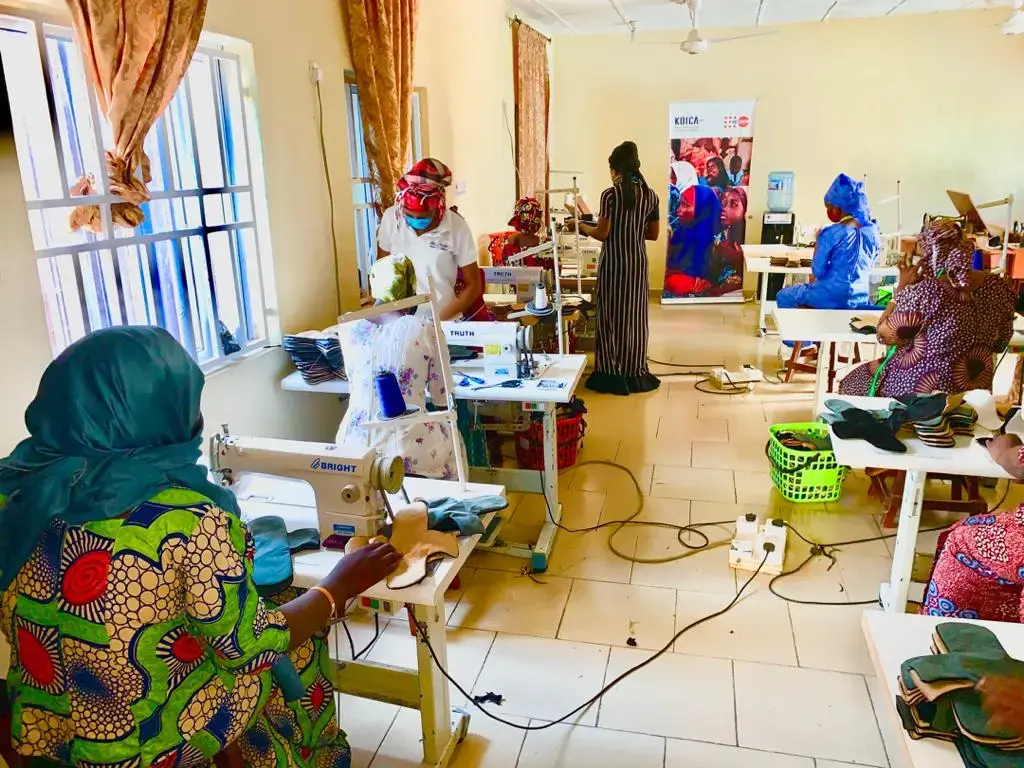UNFPA and KOICA partnering with communities in Borno State to end gender-based violence
The Corona Virus pandemic has been described as unprecedented due to its impact on normal activities globally. To reduce the spread of the COVID-19 virus, there was a global lockdown, an interconnected world filled with dynamism came to a standstill, flights, businesses, and institutions, including schools and markets, were all shut down.
People on every continent were forced to stay at home and incorporate the World Health Organisation’s (WHO) preventive measures into their daily lives so as to reduce the transmission of the virus.
In times, such as these women are girls are the ones most affected, the ones that have to pay a high price. They are at higher risk of gender-based violence, including intimate partner violence and other forms of domestic violence due to increased tensions in the home. For an extended period, children are not in school, and parents are not working or working remotely from home and as the tension increases, even the slightest provocation often leads to an increase in incidents of domestic violence against women and girls. During Covid19 gender-based violence spiked all over the world, including in Nigeria.
The increase in gender-based violence is recognised as the ‘Shadow Pandemic’ is being observed across the globe and Nigeria is no exception as cases of rape and domestic violence were reported across the country on various media platforms. While Gender-based violence was occurring pre the COVID-19 pandemic, the pandemic has exacerbated its impact on families and communities, also in North-East Nigeria.
The United Nations Population Fund (UNFPA) under its humanitarian programme ensured that essential services such as GBV and SRH were not halted. In partnership with Korea International Cooperation Agency (KOICA), UNFPA continues to deliver medical and mental health and psychosocial support services to women and girls affected by sexual and gender-based violence in the IDPs Camp and the host communities in Borno State.
UNFPA humanitarian programme with support from KOICA continues to impact positively the lives of women and young adolescent girls in Borno in keeping the health systems functioning, and also maintaining the provision of sexual and reproductive health and rights information and services while protecting their lives and that of the health care providers from COVID-19.


